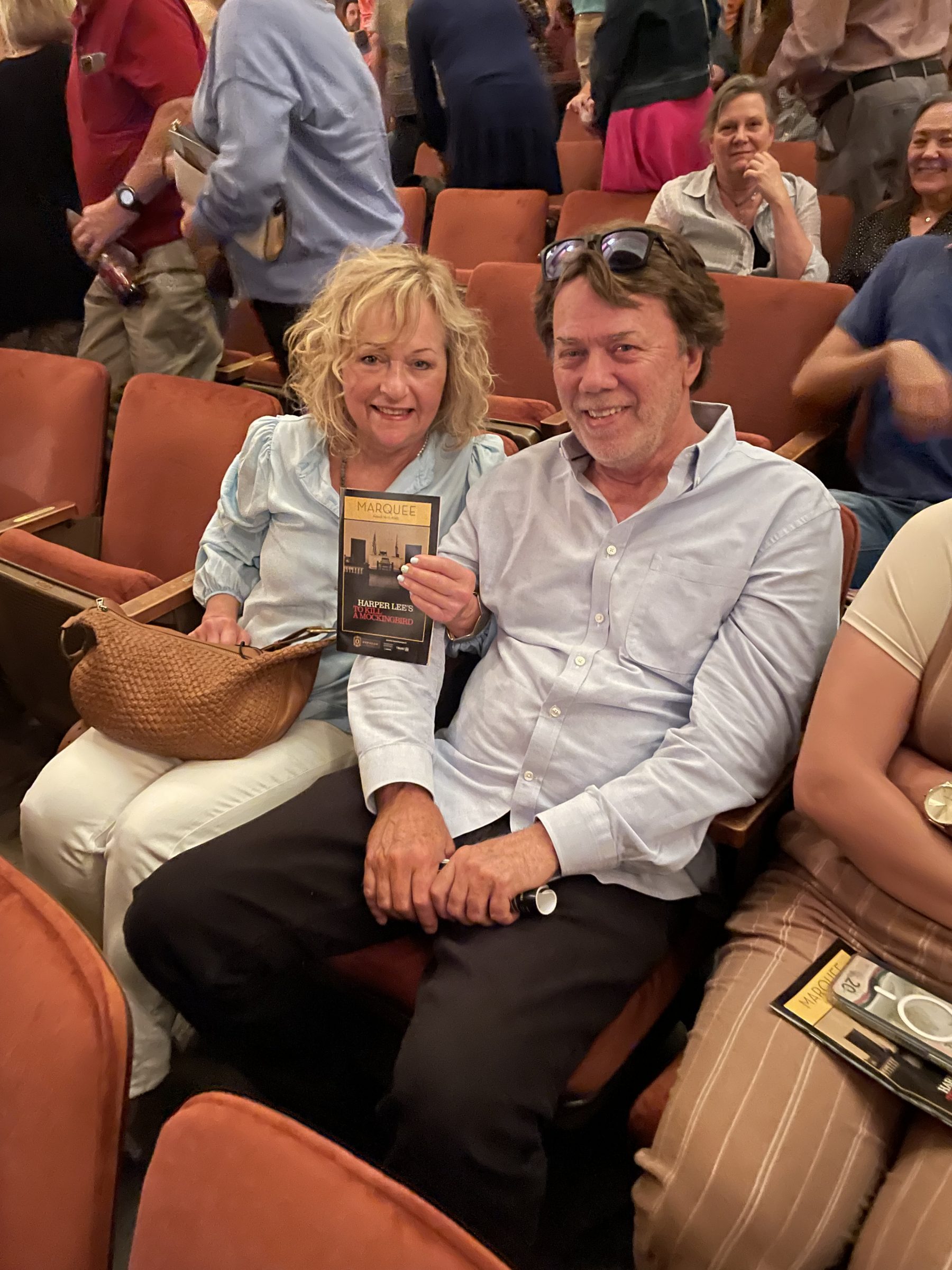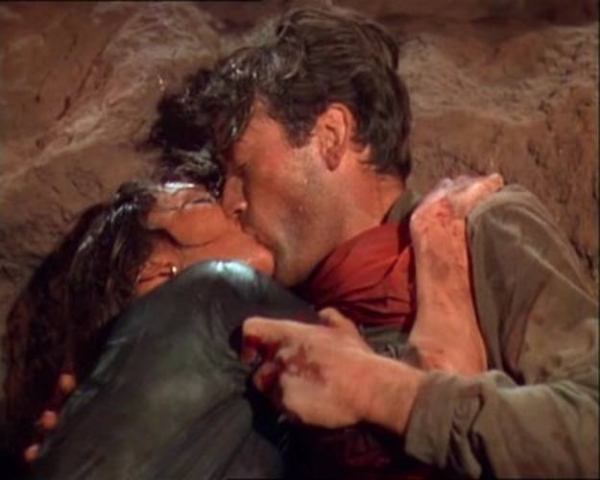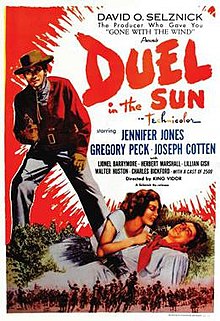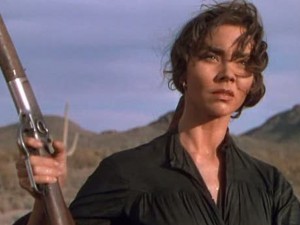To Kill a Mockingbird is how I became a writer.
We had to read the book by Harper Lee during my sophomore year at Christian Brothers High School. I loved it. John Lavecchia, who was my English teacher, then told us we could write our own short story, but not for extra credit.
So, I did. And my short story, My Small Island, was pretty much To Kill a Mockingbird without the wit, charm, or good writing. I think I still remember the melodramatic last line of my story: “Miss Cake, Constance shot Feb.” But that fledgling short story got me writing. And I never stopped.
I still love the 1962 movie starring Gregory Peck as Southern small-town lawyer “Atticus Finch.” The movie score by Elmer Bernstein is one of my all-time favorite pieces of music.
I could hardly wait to see the stage adaptation, Harper Lee’s To Kill a Mockingbird, at The Orpheum. I was there on row G opening night, August 16th. It’s the most powerful live play I’ve ever seen. All the characters get to you. I loved it.
Richard Thomas, who played “Atticus Finch,” was superb. He’s not the Gregory Peck character. He seems more of a Mr. Nice guy than the Peck version, but it works wonderfully. Of course, Thomas also goes by “John Boy” when you’re talking about him because that was the likeable character he played in TV’s The Homecoming: A Christmas Story, which was followed by the long-running weekly spinoff show, The Waltons.
The action in this stage adaptation by Aaron Sorkin can be fast, with sets on rollers quickly moving about to turn the court room into the Finch’s front porch, and back again. But things slow to the right pace when they have to with all the tenderness, humor, and ugliness (as far as the way human beings are capable of acting).
I love the way the characters of Dill Harris, their summer visitor (played by Daniel Neale), and mean old Mrs. Henry Dubose (played by Mary Badham, who played “Scout” in the movie version), are broadened in the play. Dill becomes even more endearing. And the audience can see why Mrs. Dubose, who calls Scout (Atticus’s daughter played by Melanie Moore) “ugly little girl,” is really the ugly one. She doesn’t like Scout’s brother, Jem, (played by Justin Mark), either. And, as the play proceeds, she probably hates him forever. But no spoiling.
The role of the Finch housekeeper, Calpurnia, also is expanded and given more depth in the play. Jacqueline Williams, who plays her, is wonderful in every way. The audience duly noted that with their rising applause during the curtain call.
I also really was impressed with Joey Collins, who played the realistically horrible “Bob Ewell” and Arianna Gayle Stucki, who played the realistically pathetic and horrible “Mayella Ewell.”
Greg Wood’s “Judge Tate” was somebody you’d just like. Period.
And Yaegel T. Welch, who played “Tom Robinson,” was perfection.
Again, don’t expect the movie version verbatim. The play is not arranged the same way. And scenes and lines are left out. A woman in my row who thought she knew the line that was coming next suddenly blurted out, “There’s good in everyone.” That line didn’t happen. Then she started to say, “Thank you for my children,” out loud because she thought that was the obvious next line. It wasn’t.
I did tear up two or three times. And that, to me, is always a sign a movie or play is good. But there’s so much more to signify that Harper Lee’s To Kill a Mockingbird, which runs through Sunday, August 21st at The Orpheum, is great.
Note: Thomas didn’t play “Atticus Finch” the next night, August 17th. David Christopher Wells, who played Sheriff Heck Tate the night I saw the play, played Finch that night.
No comment from The Orpheum on Thomas and his future performances in the show at The Orpheum.










